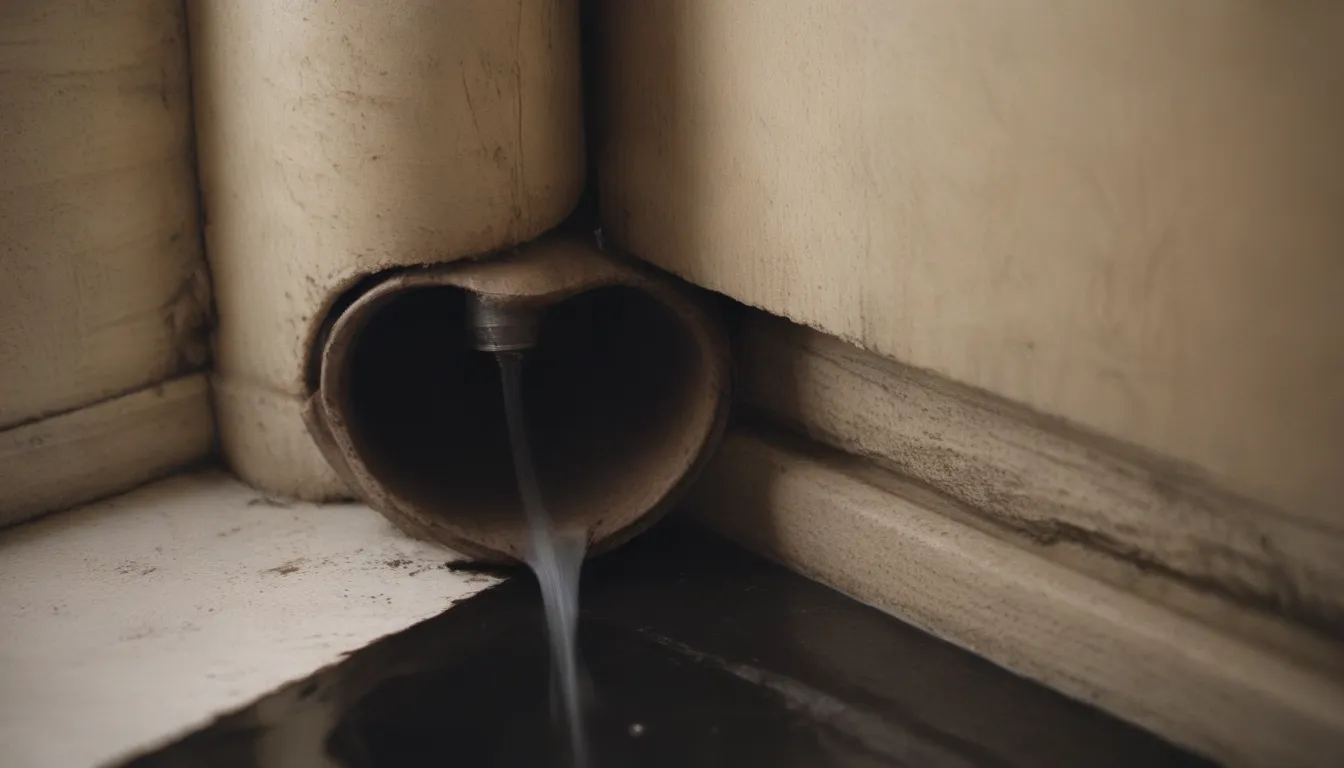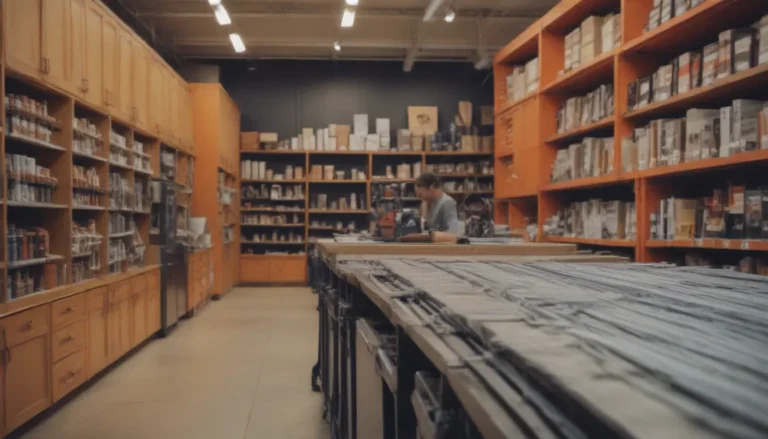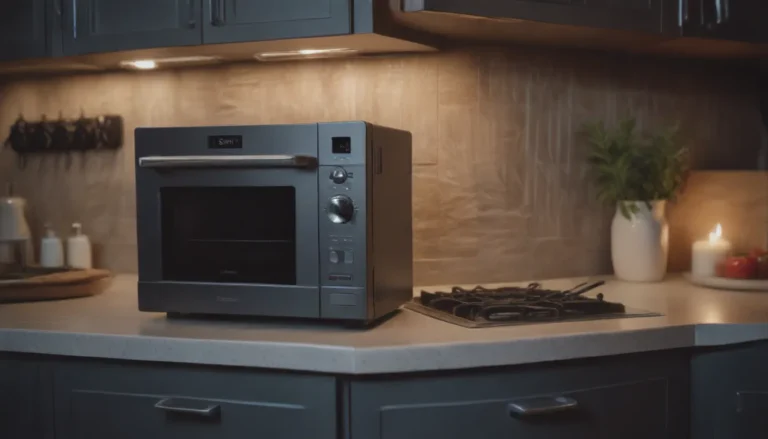How to Identify, Eliminate, and Prevent Sewer Gas Smells in Your Home

Sewer gas smells can be a real nuisance in your home. Not only are they unpleasant, but they can also pose health risks if left unaddressed. In this comprehensive guide, we will walk you through how to identify, remove, and prevent sewer gas smells in your home. From simple fixes to more serious repairs, we will cover all the bases to help you keep your home smelling fresh and clean.
What is Sewer Gas?
Sewer gas is a noxious mix of chemicals that is produced as a by-product of decaying waste. It has a distinct smell that is often likened to rotten eggs. While not all sewer gas problems require professional repairs, it is essential to address the issue promptly to prevent any health hazards. If you experience symptoms such as trouble breathing, dizziness, or nausea caused by sewer gas, it is crucial to seek immediate medical attention.
Common Causes of Sewer Gas Smell
There are several common causes of sewer gas smells in your home, some of which can be easily fixed. Here are some of the typical culprits:
-
Water Traps: Water traps, also known as P-traps or S-traps, are designed to trap water inside and block gas from entering your home. If the trap dries out, sewer gas can enter the house.
- Solution: Pour a couple of tablespoons of vegetable oil into least-used traps to slow down evaporation.
-
Missing Clean-out Caps or Plugs: Clean-out caps or plugs prevent gases from the clean-out line from traveling into your dwelling. If they are missing or broken, sewer gas can enter your home.
- Solution: Replace broken or missing caps with new ones available at any hardware store.
-
Bad Wax Ring on the Toilet: A compromised wax ring between the toilet flange and the base of the toilet can allow sewer gas into your home.
- Solution: Replace the wax ring to create a watertight and airtight seal.
More Serious Repairs
If the sewer gas smell persists despite trying the above solutions, there may be more serious issues at play. Here are some more complex causes that may require professional intervention:
-
Sewer or Septic Pipe Leaks: Leaks in sewer or septic lines are harder to diagnose and repair. If you notice gurgling toilets and slow drains along with the odor, you may have a leak that needs professional attention.
-
Loose Connections: Loose connections along vent pipes or sewer lines can allow gases to enter your home. These issues are usually located inside walls or ceilings and require the expertise of a plumber to fix.
Preventive Measures
While some causes of sewer gas smells are beyond your control, there are preventive measures you can take to minimize the risk of odors in your home. Here are some proactive steps you can implement:
-
Keep Water in Traps: Ensure that all traps in your plumbing system have sufficient water to block gas from entering your home. For traps that are seldom used and prone to drying out, add a few tablespoons of vegetable oil to slow evaporation.
-
Clean Out Drains: Regularly clean out drains to prevent clogs that can lead to sewer gas smells. Use a drain snake or a DIY hook to remove debris and flush the drain with hot water to keep it clear.
- Tip: Make a DIY hook by unbending a metal hanger and bending a small hook at the end to remove debris from drains.
-
Keep Vent Stack Clear: The vent stack on your roof should be kept free from debris to prevent blockages that can result in sewer gas entering your home. Consider hiring a professional for periodic cleanings, especially if you have trees near your home.
Is Sewer Gas Dangerous?
Sewer gas contains hydrogen sulfide, ammonia, and methane, which can be harmful if inhaled at high concentrations. While it is rare for sewer gas to back up into a home in significant amounts, exposure to high levels of sewer gas can lead to health issues such as headaches, dizziness, nausea, and even asphyxiation.
If you suspect a sewer gas leak in your home, it is essential to take immediate action. Open windows, ventilate the area, and seek fresh air outdoors. If you experience any symptoms of exposure to sewer gas, such as difficulty breathing or nausea, seek medical attention promptly. It is crucial to address sewer gas issues promptly to prevent any long-term health effects.
Conclusion
Identifying, removing, and preventing sewer gas smells in your home is essential for maintaining a healthy and comfortable living environment. By following the steps outlined in this guide, you can effectively tackle sewer gas issues and ensure that your home remains odor-free. Remember to prioritize your health and safety when dealing with sewer gas problems and seek professional help if needed. With proper maintenance and preventive measures, you can keep your home smelling fresh and clean for years to come.





